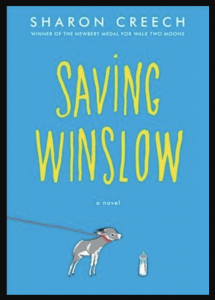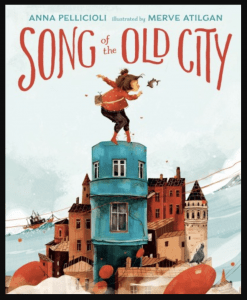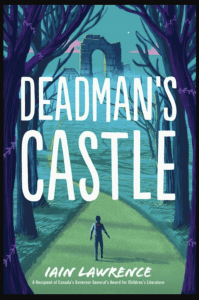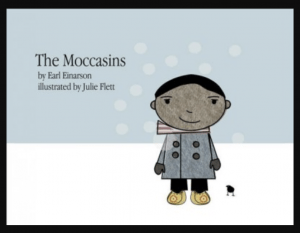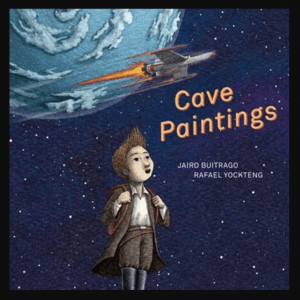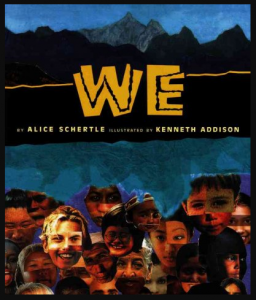Life is difficult, especially when you are in middle school. You want school to be a time when you can enjoy being with your friends, especially now in this Covid-19 season when school is probably one of the few times you get to see your friends.
But those irritating classmates are at school, too. And teachers seem to like those irritating students just as much as they like you. They seem to think that you should be friendly with everyone. But you cannot be friends with everyone.
If this is your life, you are ready to learn the value of diplomacy in the workplace.
In your private life – away from school and away from social media – you hopefully get at least some time with your friends. Maybe you can go places together or visit together. Certainly, you can talk on the phone together. But when you are at work – school – and if you are on social media, you need to develop a public persona. This is not being a hypocrite.
This is not how you deal with bullies! Learn how to recognize bullies. If you are being attacked by a bully, go to an adult immediately!
What follows is how to deal with ordinary irritating people.
Think about the Bridge of Character. Kindness. Patience. Self-control. You already know these are qualities you should have started to develop when you were a toddler. Well, when you are in middle school you need those qualities even more, especially when some of your classmates aren’t so kind. The problem is that the way your brain is developing right now, your emotional centre – your amygdala – is growing a lot faster than your prefrontal cortex – the place that lets you over ride your emotions and instead do what is wise. So, life is difficult right now.
But you can learn how to deal with difficult people. How?
Start with three facts. You are not the centre of the universe. Everyone has their own problems. School is primarily a place of work.
Since you already know you are not the centre of the universe, you are ready to accept that not everyone will like you or be kind to you. Not even all adults. Not even all adults who are teachers or administrators. You are probably way down low on their list of priorities every day. This is unfortunate but true.
Most people on the planet do not think about you or care about you. Some of those people you will meet every day. They will say nice things to you, but only as long as you do not take up any of their time or expect them to do anything they don’t want to do. Sometimes this is because they are selfish people who have no interest in living on the Bridge of Character. Other times, it is because they have other responsibilities – which are none of your business – and they simply don’t have time for you. So what are you to do?
Remember that school is a public place. Even if you are in a private school. Therefore, protect yourself. Learn how to be diplomatic. Appear friendly even towards people you dislike. If they come up to you and your friends outside, skillfully change the topic of your conversation so that it can include them. If they dominate the conversation, become quieter perhaps but do not verbally protest. Go to the washroom, if you need to get away. Remember that you have some work to finish in the school library. But do not take your friends with you, or at least no more than one friend. Do not let disagreeable people know that you dislike them.
It sounds like I’m telling you not to deal with problems, not to resolve relationship issues. But that’s not true. By your age, you should be able to recognize if people are kind, honest, and trustworthy. If, instead, they are frequently mean, dishonest, and sneaky when they don’t get their own way, you can’t have a healthy relationship with them. So, stop trying to be friends. Get away.
This does not mean you can always physically get away from irritating people. In fact, that is exactly the problem. You can’t. You are all at school – at work – and confined to the same classroom for much of the day.
But you can get away emotionally. Put on an invisible coat. Just like a raincoat protects you from rain, an invisible coat of character can protect you from difficult people. Acceptance means that you acknowledge that difficult students also have a right to be at school. Kindness means that you do not say anything that makes them feel like they don’t belong. Patience means that you cheerfully do what you should do (be polite) while you wait for what you want (to get away). Faith means that you know that justice will ultimately prevail in the universe. Trust means that you realize God is teaching you important skills during these difficult times.
Of course, there is another problem. Difficult people sometimes lie. They do not pull their weight on a group project but let the teacher think that they did most of the work. They say things to your friends to pull them away. They say things about you – even to teachers and especially on social media – that are not true. Now what should you do?
Unfortunately, most of the time it is wisest to do nothing. Be quiet. Do not argue. Above all, do not say anything on social media. Not even to your friends.
If your friends are receptive to hearing the truth, tell them in person. If your teachers are receptive to hearing the truth, tell them in person. If your school principals are receptive to hearing the truth, tell them in person. But do not complain. Just state the facts. Do not go on with a long list of all the terrible things that person has done to other people in the past. Just address the current issue. If teachers or principals want more information, they will ask you. That is your invitation to tell more. Until then, be truthful but diplomatic. Do not let the difficult person become the focus of your thoughts or the focus of your conversations with friends. You do not need pity. You need to be paying so much attention to other things in life that the irritations just aren’t all that important.
For now, life may unfortunately not be as enjoyable as it could have been. But remember, you will not always be around these particular difficult people. At least, I hope not!
So think about good things, happy things, beautiful things. Be loving to your family and friends. Eat delicious food. Spend time outdoors. Focus your energy on your academics. Read books. Create art. Get involved with sports. Play with pets. Talk on the telephone. Stay off social media.
And think about this: Someday you will be helping someone younger than you learn how to deal with difficult people!
Learn more about dealing with difficult people
Learn how to forgive people who hurt you
Learn how to recognize people who don’t address conflict in a healthy way
Learn how to recognize healthy friendships
